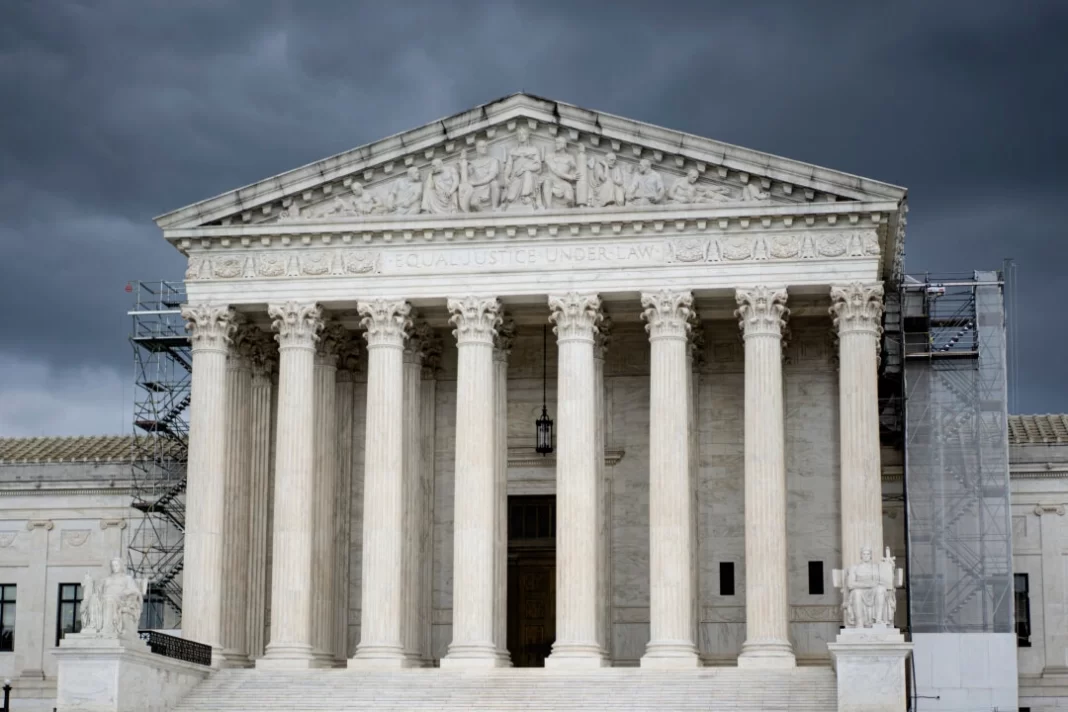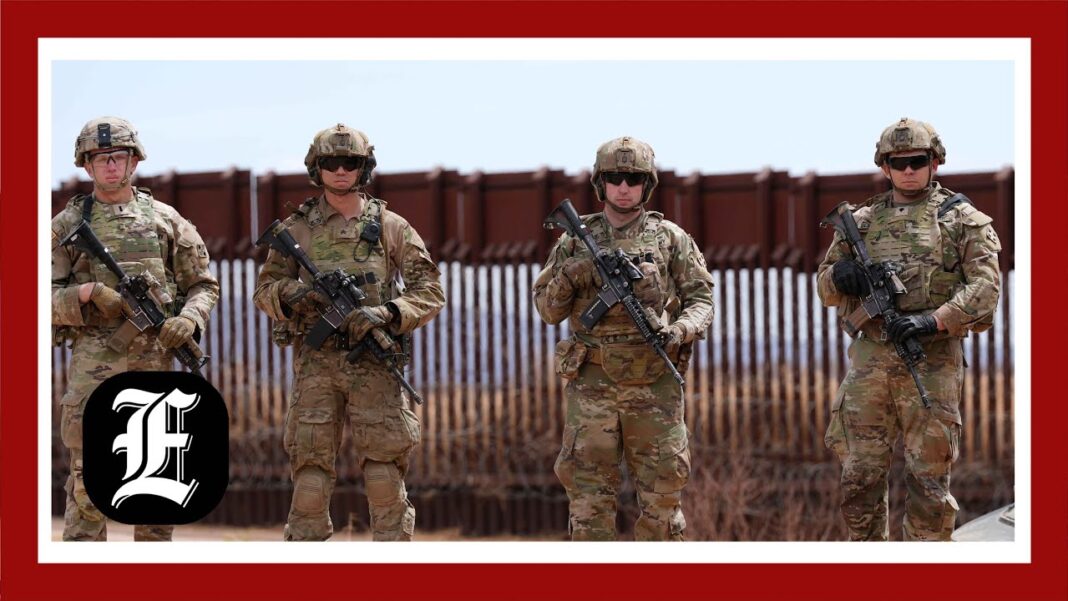
On Thursday, the U.S. Supreme Court heard oral argument in the case of Trump v. CASA, Inc. Though the case arises out of President Donald Trump‘s January executive order on birthright citizenship and the 14th Amendment, Thursday’s oral argument had very little to do with the hotly contested substantive issue of whether the children of illegal aliens born on U.S. soil must automatically be conferred American citizenship. Instead, the argument mostly focused on a procedural legal issue that is just as important as the underlying substantive issue itself: whether lower-court federal judges possess the legitimate power to issue ‘nationwide’ injunctions to bring laws or executive orders to a halt throughout the entire republic.
There is a very straightforward answer to this question: No, they don’t. And it is imperative for American constitutionalism and republican self-governance that the justices clearly affirm that.
Let’s start with the text. Article III of the Constitution establishes the “judicial Power” of the United States, which the University of Chicago Law School professor William Baude argued in a 2008 law review article is “the power to issue binding judgments and to settle legal disputes within the court’s jurisdiction.” If the federal courts can bind certain parties, the crucial question is thus: Who? In other words, what is the legitimate “jurisdiction” of who is strictly bound by a federal court issuing an injunction?
In our system of governance, it is only the named parties to a given lawsuit that can truly be bound by court’s judgment. As the brilliant then-Stanford Law School professor Jonathan Mitchell put it in an influential 2018 law review article, an “injunction is nothing more than a judicially imposed non-enforcement policy” that “forbids the named defendants to enforce the statute”—or executive order—”while the court’s order remains in place.” Fundamentally, as Samuel L. Bray observed in another significant 2017 law review article, a federal court’s injunction only binds “the defendant’s conduct … with respect to the plaintiff.” If other courts in other districts face a similar case, those judges might consider their peer’s decision and follow it, but they are not strictly required to do so. (For truly nationwide legal issues, the proper recourse is filing a class-action lawsuit, as authorized by Rule 23 of the Federal Rules of Civil Procedure.)
By Josh Hammer








